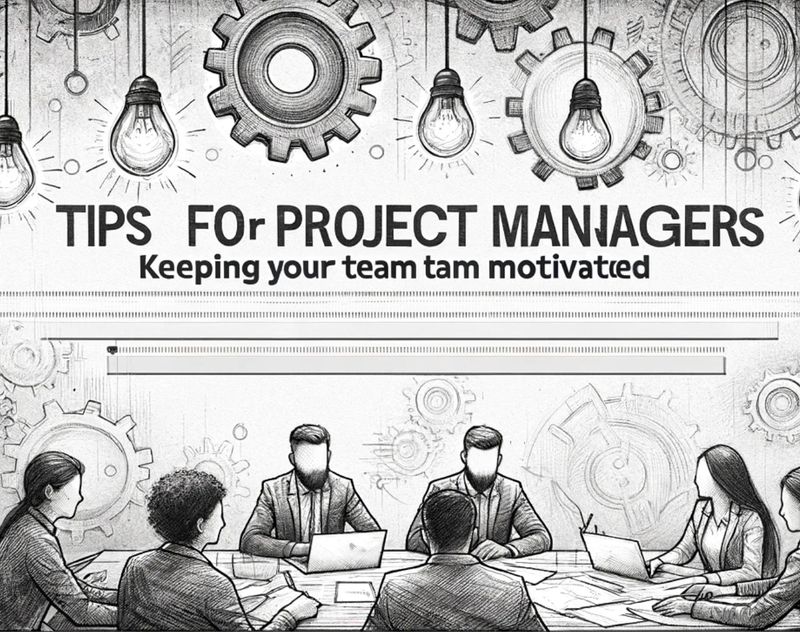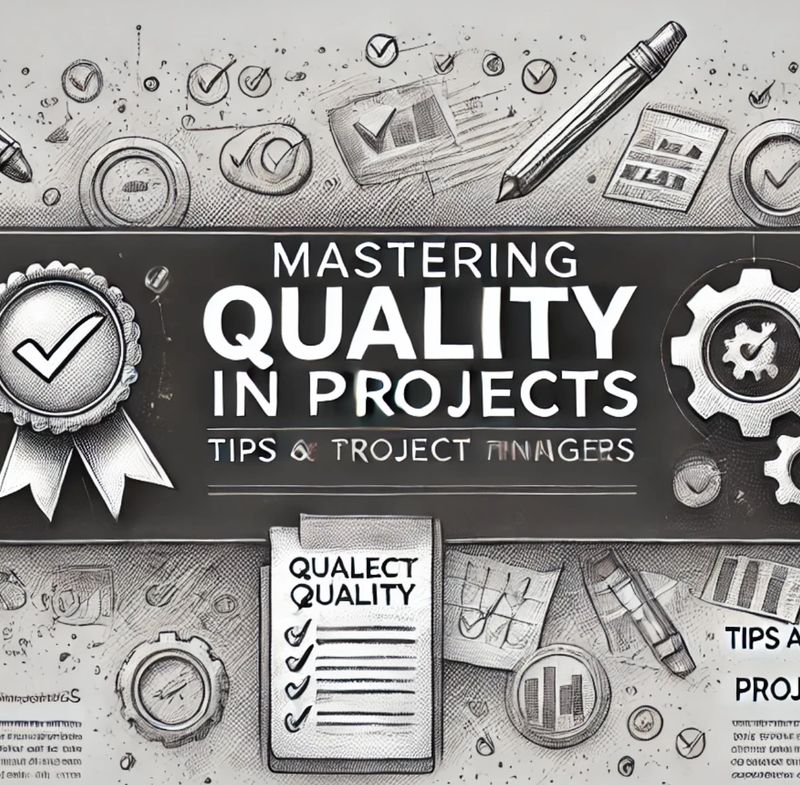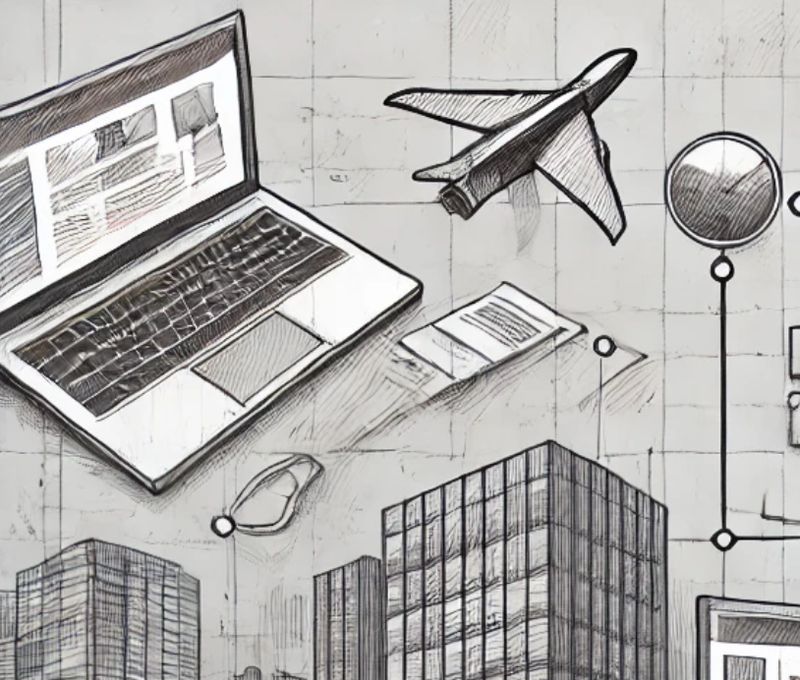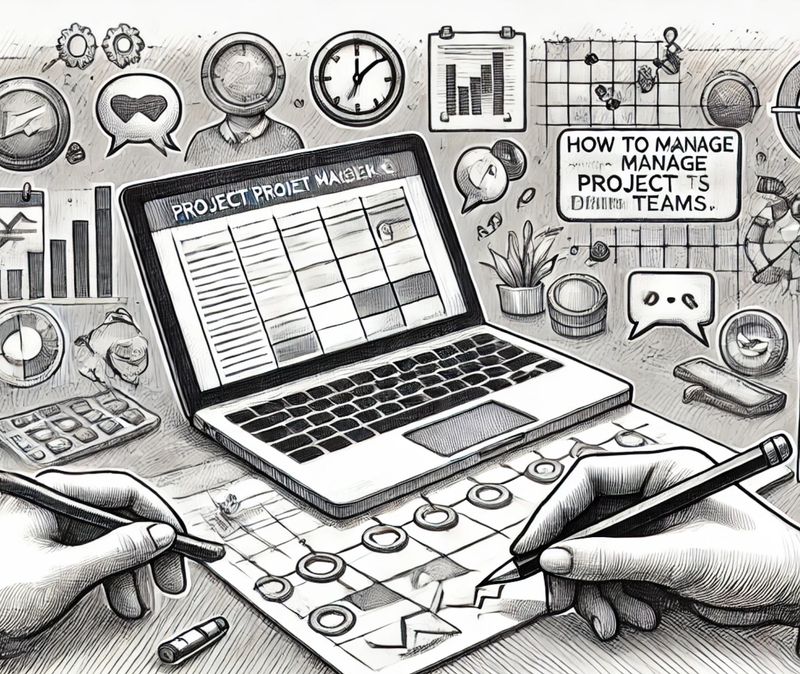How to Better Manage Task Completion and Deadlines
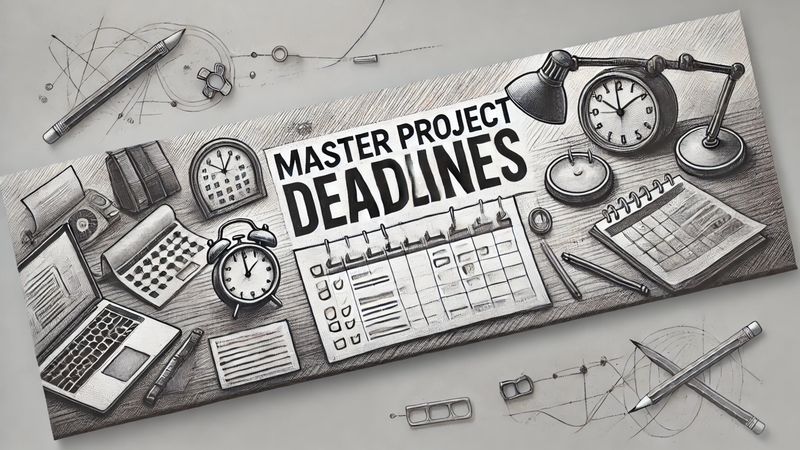
Understanding the Importance of Time Management
Time management is at the heart of project success. As a project manager, you are the captain of the ship, steering your team toward the goal while navigating through potential obstacles. When deadlines are not met, it can lead to budget overruns, dissatisfied stakeholders, and stressed team members. To prevent this, start by setting realistic expectations and having a clear roadmap.
Example: Start with a detailed project plan. When initiating a project, break it down into phases. Let’s say you’re managing a software development project. Begin by defining clear milestones such as requirements gathering, design approval, coding, testing, and deployment. For each phase, allocate time realistically, considering possible delays. For instance, if testing is scheduled to take two weeks, account for potential rework and plan a buffer.
1. Communicate the timeline with stakeholders early. By doing this, you align everyone's expectations and ensure transparency.
2. Use tools like Gantt charts or project management software to visually track progress. These tools can help your team see what’s next and how their work aligns with the bigger picture.
3. Conduct regular check-ins with the team to reassess timelines and adjust as needed.
Prioritizing Tasks for Better Workflow
Effective prioritization can make or break your project’s progress. Tasks often compete for attention, and it’s your job to decide what needs immediate focus. By helping your team focus on the right tasks, you ensure that effort is not wasted on low-impact activities.
Example: Implement task prioritization frameworks. Let’s consider the Eisenhower Matrix, which helps categorize tasks into urgent, important, non-urgent, and non-important categories. Suppose a team member is working on improving documentation while a major client deliverable is pending. In this case, redirect their focus to the client deliverable first.
1. Teach your team to evaluate their tasks using the "impact vs. effort" method. Tasks that offer the highest impact with the least effort should be completed first.
2. Regularly review progress in team meetings. For example, during a daily stand-up, identify blockers and shift priorities to ensure no critical deadlines are missed.
3. Avoid multitasking within the team. Encourage members to focus on completing one task at a time to ensure quality and efficiency.
Keeping Deadlines Realistic and Achievable
Deadlines drive momentum, but unrealistic deadlines can demotivate your team and compromise quality. Balancing ambition with feasibility is a skill every project manager must develop. Start by involving your team in setting deadlines to gain their buy-in and uncover potential risks early.
Example: Use data-driven estimation techniques. Let’s say you are working on a creative project, such as designing a new marketing campaign. Review past projects with similar scope to estimate timelines. If your team historically took three weeks to complete a campaign, avoid committing to a two-week deadline unless significant changes in resources are made.
1. Factor in buffer time to account for unforeseen delays, such as resource unavailability or last-minute changes.
2. Encourage open communication about workload. For instance, if a team member feels overwhelmed, redistribute tasks or adjust deadlines before stress impacts performance.
3. Use project management tools like Trello or Asana to track tasks. Assign deadlines to each task, but remain flexible when adjustments are needed to ensure success.
Example: Break down tasks into smaller deliverables. For a product launch, instead of focusing on a single deadline, create mini-deadlines for writing promotional copy, designing visuals, and setting up ads. Meeting these smaller milestones builds confidence and keeps the team on track.
1. Celebrate progress at every milestone. Acknowledging small wins motivates the team to push through to the next goal.
2. Hold retrospective meetings after major deliverables. Use these sessions to identify what worked well and how to improve task management in future projects.
Successfully managing tasks and deadlines requires a combination of clear communication, effective prioritization, and realistic planning. By setting achievable goals, fostering collaboration, and using the right tools, you can guide your team to complete projects on time without unnecessary stress. Remember, a well-managed timeline not only ensures project success but also builds trust among your team and stakeholders, paving the way for future opportunities.

